Halfway through her new novel, Margaret Drabble tells us of Anna, the pure gold baby of the title, ‘There was no story to her life, no plot.’ That statement is partly true. It is also a challenge, a gauntlet cast by this very knowing writer at the reader’s feet; in terms of Drabble’s narrative, it is something of a mission statement.
Seven years after her last novel, and despite suggestions (by herself) that her fiction-writing days were over, Drabble has written a novel that consistently resists readers’ simplest assumptions. The Pure Gold Baby is a fiction apparently based on fact, which works hard to suggest that it has no pattern, no plot and will reach no neat ending. Drabble’s rationale suits her subject: her chief focus is the life of Anna’s mother, Jess, over a 50-year period, beginning in the Sixties.
Jess is an anthropologist. Drabble’s fictional version of Jess’s life, like an anthropologist’s case study, consists of observation and, to a lesser extent, commentary. On the surface, she does not seek to shape those five decades into the falsity of a story. There is no beginning, middle or end. We are always in the middle of the moment being described.
Drabble’s narrator is Jess’s friend, Eleanor. Jess ‘has friends, and her nature is such that she can share her worries’. Presumably she has shared a number of those worries with Eleanor, thus enabling her to recount Jess’s story, which is not after all a story but simply the chronicle of linked episodes in her life. It is a clever conceit, managed with great skill by this veteran novelist. It will not, however, satisfy all readers. In The Pure Gold Baby, Drabble’s fiction intermittently masquerades as reportage. It may or may not be a coincidence that as the work of her husband, Michael Holroyd, increasingly expands the boundaries of nonfiction-writing to include more personal, novelistic elements, Drabble’s own fiction embraces both the manner and aspects of the content of nonfiction.
Anna has developmental problems of an unspecified variety. These appear in early childhood and do not subsequently disappear. Nor do they noticeably develop. Anna is a ‘pure gold baby’ because of her goodness, her smiling disposition, her readiness to love, trust, embrace. She is ‘tied to her mother’s apron strings’ by need and her inability to survive alone, but also by inclination on Jess’s part. Anthropology, her personal life, even her place in the community of like-minded north London women, whose lives Drabble also chronicles, all play second fiddle to Jess’s wholehearted absorption in her daughter. Drabble shows us Anna’s condition shaping Jess’s path through life; it also facilitates discursions on the novelist’s part concerning the recent history of mental health care and the British encounter with Africa in the 19th century.
I was once electrified by a reading Margaret Drabble gave at the Royal Festival Hall from her novel The Witch of Exmoor. Her distinctive narrative voice and soaring prose remain electrifying — even if Jess and Anna’s non-story lacks the charisma of some of the earlier fictions.
Got something to add? Join the discussion and comment below.
Get 10 issues for just $10
Subscribe to The Spectator Australia today for the next 10 magazine issues, plus full online access, for just $10.
Available from the Spectator Bookshop, £13.99, Tel: 08430 600033
You might disagree with half of it, but you’ll enjoy reading all of it. Try your first month for free, then just $2 a week for the remainder of your first year.

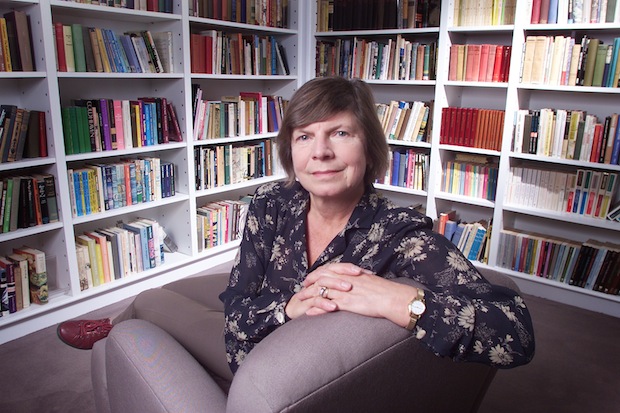

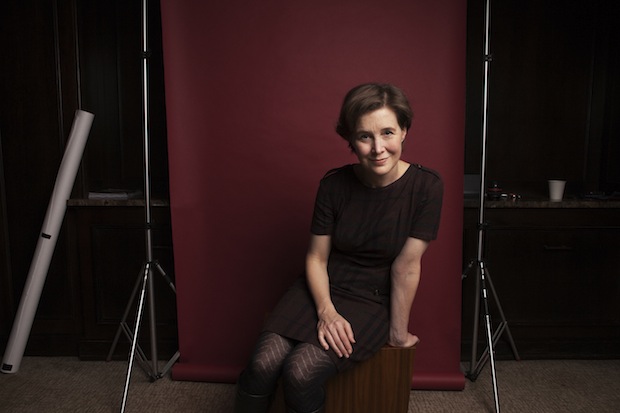

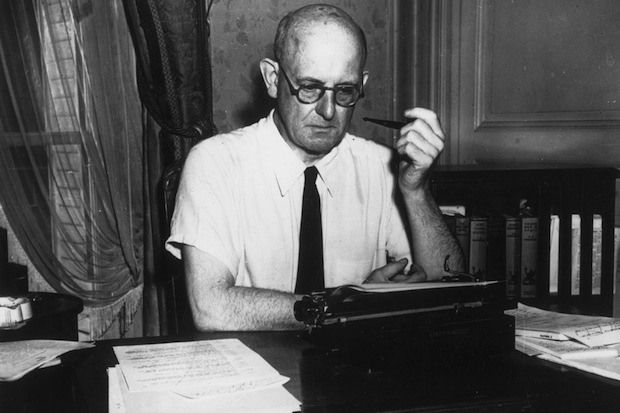
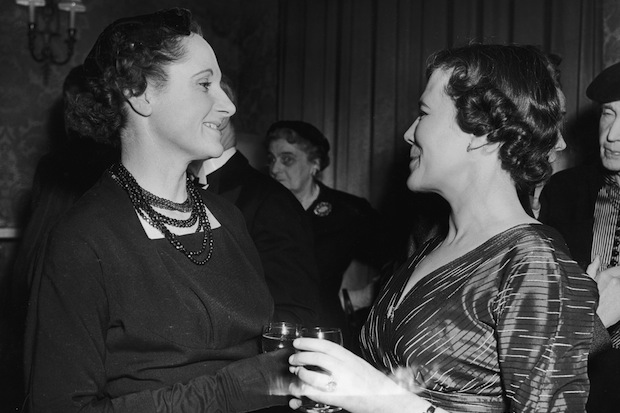
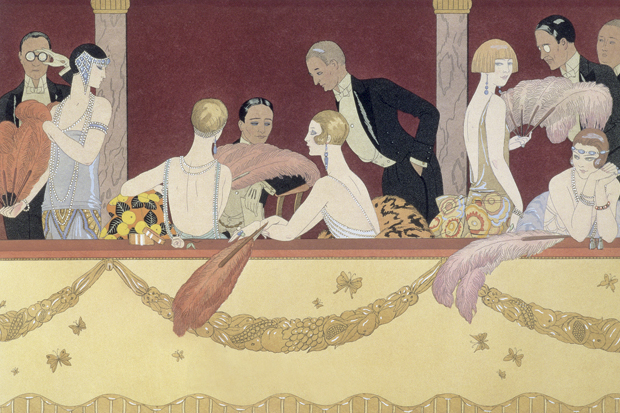






Comments
Don't miss out
Join the conversation with other Spectator Australia readers. Subscribe to leave a comment.
SUBSCRIBEAlready a subscriber? Log in